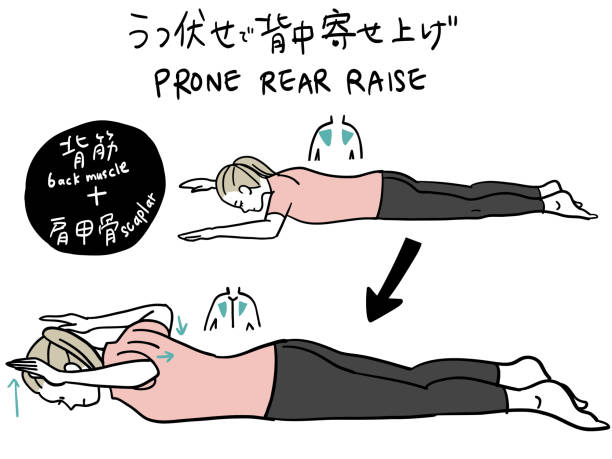EFFECTS OF SLEEP AND RECOVERY ON MUSCLE GROWTH

Muscle growth involves many factors, including nutrition, recovery, and exercise. Many people are focused on their diets and exercise routines but overlook the importance of sleep and recovery for muscle growth. Neglecting sleep and recovery can result in injury or slow muscle growth.
Sleep is vital for muscle growth, as the body repairs and regenerates tissue during sleep. This includes muscle tissue. Your muscle fibers are damaged on a microscopic level during exercise. This triggers your body’s healing and rebuilding processes. It is important because it allows your body to repair and rebuild muscle fibers damaged by exercise. This results in stronger muscles.
The body needs sleep to repair and rebuild because it gives the body the necessary time and energy. Sleep releases a growth hormone that is crucial for muscle growth. It increases the body’s production of new proteins and the repair of damaged tissue. This is known as the protein synthesis process.
Sleep deprivation has been shown to have a significant impact on muscle growth. Lack of sleep has been shown to reduce the production of growth hormones and impair glucose metabolism. It can also increase cortisol levels, which can cause muscle breakdown. This can lead to a loss of muscle mass and an increase in fat.
It is important to get enough sleep in order to prevent muscle loss and maximize muscle growth. According to the National Sleep Foundation, adults should sleep between 7-9 hours each night. The quality of your sleep is as important as its quantity. Several factors, including duration, interruption, sleep efficiency, and regularity, determine the quality of sleep. Establish a regular sleep schedule. Avoid caffeine and alcohol prior to bedtime. Create a quiet, cool, and dark bedroom.
Recovery is also important for promoting muscle growth. After a workout, the body requires time to recover and rest in order to rebuild new muscle tissue. The recovery period has been shown to be just as crucial as the workout in stimulating muscle growth. In a study, it was found that the highest levels of muscle protein synthesis (the process by which the body creates new muscle tissue) occur in the first 24 to 48 hours following a workout. The body’s ability to build new muscle tissue can be impaired if it is not given time to recover.
You can use several strategies to optimize and promote muscle recovery and growth. Incorporating rest days into your training schedule is one of the best strategies. Rest days are important for your body’s recovery and repair. It is vital to listen to your body and to avoid overtraining, which can lead to injury or slow progress.
A well-balanced diet is another important strategy to promote muscle growth. After a workout, you need to fuel your body so that it can repair and rebuild stronger and larger muscles. A well-balanced diet, which includes different types and amounts of carbohydrates and protein within 30 minutes or an hour following a workout, can promote muscle growth and recovery.
After a workout, stretching and foam-rolling can be useful strategies to reduce muscle pain and promote recovery. Foam rolling and stretching can improve flexibility and range of motion, while foaming can release tension and increase blood flow.
Sleep and recovery are crucial for muscle growth and should be treated with the same seriousness as working out. The two work together. Sleep allows the body time to rebuild and repair muscle tissue, while recovery will enable it to rest and recover after an intense workout. Neglecting recovery and sleep could lead to injury or slower progress. For maximum muscle growth and to maximize your workout, you should get enough sleep. You can do this by establishing a regular sleep schedule, including rest days in your routine, eating a healthy meal after your workout, and using strategies such as foam rolling and stretching.
You can maximize muscle growth by prioritizing sleep and recovery.



Leave a Reply